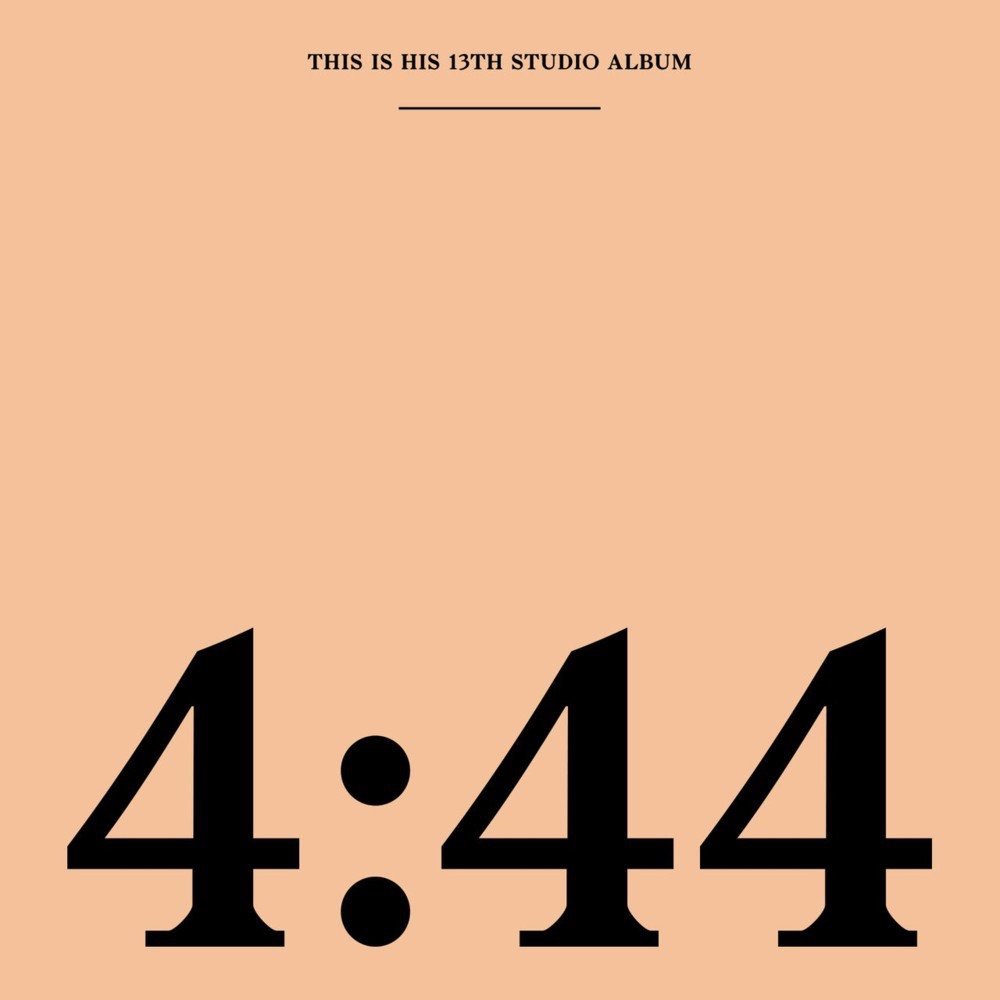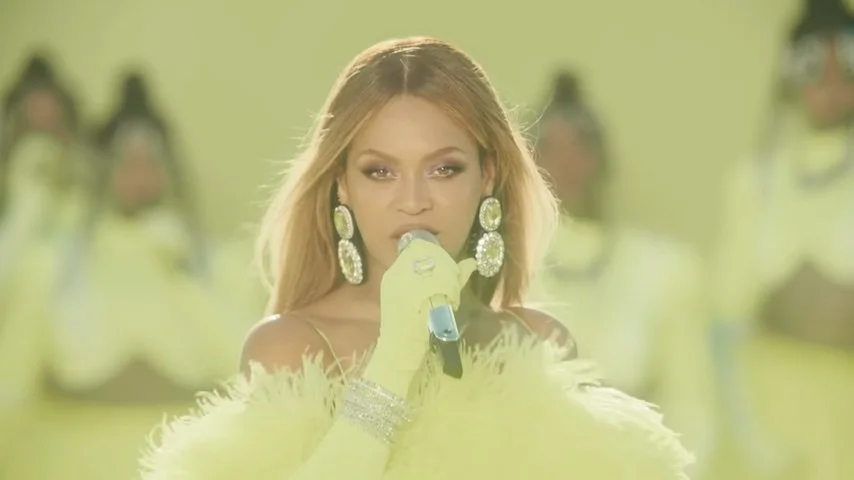Album Review: JAY-Z, '4:44'
Roc Nation
Fifty-four years ago on August 28, Dr. Martin Luther King Jr. led hundreds of thousands of people in the March on Washington for Jobs and Freedom. Jobs and Freedom. One cannot be fully free until they are economically independent; rap music legend, JAY-Z, preaches this in his latest masterpiece, 4:44.
At a slim ten tracks, JAY-Z trims the fat that plagues many hip-hop records these days to offer life lessons and advice from a man who has quite literally seen all the different avenues this twisted world has to offer. From the Marcy Housing Projects to TriBeCa penthouses and Miami mansions, JAY-Z manifests his experiences to create an audio handbook on the importance of financial independence and leaving a legacy.
Commencing with "Kill Jay Z," Hov eschews his ego which allows him to reach a level of vulnerability that is necessary for him to rap honestly on his marital transgressions, experiences with fatherhood, and more. No I.D.'s menacing production sets the tone for a gritty, yet polished album of truth. "The Story of O.J." follows the opening track and its provocative hook compliments the theme of the importance of inheritance and investing in your own. Your own talent, your own environment, your own people. A popular tagline on social media is "Support Black Business" yet when it comes to TIDAL, JAY-Z's streaming service, this black business is ridiculed and belittled despite offering the same things as its competitors at the same price; it even pays the artists more. JAY-Z tackles the TIDAL attacks and the attacks on his art collection in "The Story of O.J.," explaining that he is waiting for the value of his artwork to increase so he can give them to his children. The theme of family that emerges on this track follows through on the following track, "Smile (feat. Gloria Carter)." Despite a half-sung hook and incredible verses, Gloria Carter, JAY-Z's mother, steals the show by delivering a gorgeous outro in the form of a Maya Angelou-esque poem about her newfound freedom since coming out as a lesbian. The first three tracks on 4:44 are a perfect introductory trifecta.
The fourth track, "Caught Their Eyes (feat. Frank Ocean)" covers the phenomenons of trust and betrayal on top of a bouncy baseline and surprisingly lively vocal appearance from Frank Ocean. The track that follows, "4:44" is a 4-minute epic that finds Shawn Carter lamenting and apologizing for his marital transgressions and expressing different levels of shame and regret that respond to Beyoncé's Lemonade. "4:44" is without a doubt, one of the best songs of JAY-Z's 20+ year career. Vulnerably rapped over a heart-wrenching soul sample, "4:44" is a prime example of what mature rap sounds like and an example of an artist still breaking new ground in an already extremely illustrious career. The following track, the Beyoncé-assisted "Family Feud," discusses the conflict within hip-hop culture between the old guard of rappers and their fans (Biggie, Tupac, Jay-Z, etc.) and the new guard of rappers and their fans (Drake, Young Thug, Lil Yachty, Lil Uzi Vert, etc.) "Family Feud" is the most fun track on the album, and Beyoncé's immaculate vocal performance helps create a laid-back atmosphere that allows JAY-Z to discuss the black culture with ease.
The seventh track, "Bam (feat. Damian Marley)" is a buoyant reggae-infused track where the hook slightly overshadows the verses. The following track, "Moonlight" references the Oscars snafu in which La La Land was mistakenly awarded Moonlight's Best Picture Oscar. The simple yet effective production provides space for JAY-Z to ponder the deep-rooted effects that institutional racism has on black success. The second to last track, "Marcy Me," covers the gross gentrification of Brooklyn and returns Shawn Carter to his roots and away from the larger-than-life "JAY-Z" persona. The final track, the self-explanatory "Legacy," is about the strive to leave a legacy for his greater family and especially for his children, Blue Ivy, Rumi, and Sir Carter.
4:44 gives us insight into not only JAY-Z's advice and life lessons but also what mature rap from 40+-year-olds looks like. Instead of chasing his youth like on 2006's discography dud, Kingdom Come, JAY-Z embraces his status as a forty-five-year-old father of three and uses his status to uplift and positively impact the younger generation. This is his thirteenth solo album, and this is the best rap album of the year 2017.
Score: 91



